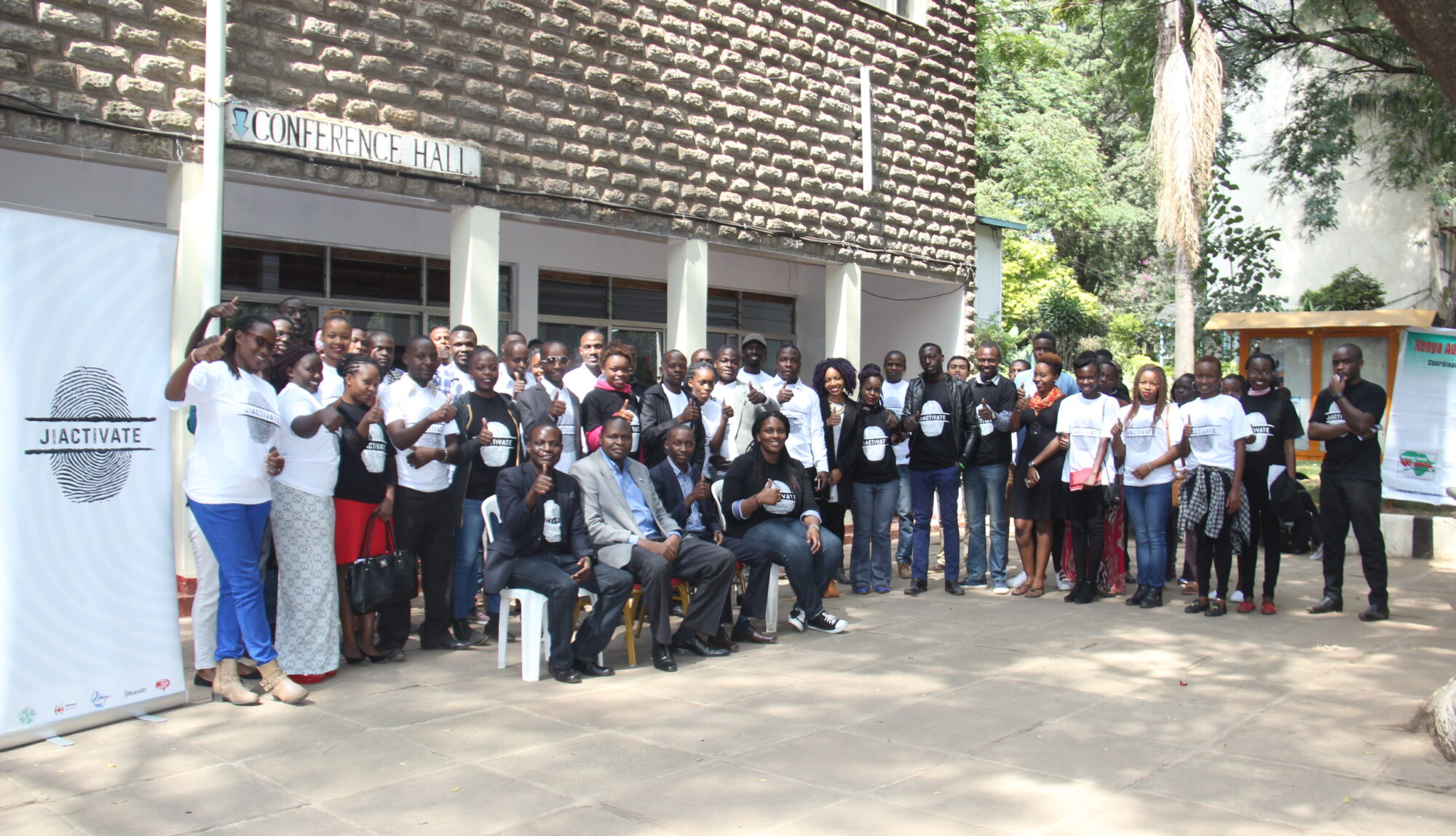What are our Boda Boda Riders up to with the COVID 19 Pandemic?

There has been a lot of discussion surrounding the COVID-19 pandemic and its effect on the nation. On 12th March 2020, Kenya confirmed the first case since the beginning of the outbreak in China in December 2019. Many businesses were affected tremendously. We must agree that moving from one place to another is essential in our day to day activities. However, bodaboda services were also affected. I was privileged to interact with bodaboda riders at the heart of Bungoma County, where we had an open discussion in matters concerning COVID-19 and Nutrition. You will be mesmerized by how much information these people have.
For bodaboda riders, three essential tasks enable them to profit in their businesses: first, the transportation of students to school and from school. Education is critical to children in our country. Therefore, on school days, a bodaboda rider would transport students to earn an extra coin. However, with COVID-19 came the closure of schools; therefore, this task was scrapped. Second, the transportation of sex workers in the night time. With COVID-19, the president directed that a curfew of 9:00 am to 4:00 pm be enforced. This meant that the sex workers would not work at night as well as the bodaboda riders. Third, the transportation of drunkards and party freaks. However, because measures like the closure of bars and clubs were enforced, the bodaboda riders do not have drunkards to transport during the wee hours. This task enabled them to pocket a lot of money because of factors such as time and weather.
However, even with the financial niche, the COVID -19 pandemic is here with us. The WHO and the MOH gave guidelines that need to be adhered to in the fight of this pandemic. I noted that most of the bodaboda riders did not put on masks to prevent contracting the disease. They put on masks to avoid dust and to protect their noses from cold air. They also stated that sanitization and proper washing of hands had helped them a great deal since they do not contract diseases such as typhoid and cholera anymore. Some of them stated that since they cannot say no to a customer without a facemask, they would ensure they had put on their facemasks. I encouraged them to adhere to the MOH guidelines for their well-being.
Every human being requires a balanced diet to maintain a healthy lifestyle. Bungoma county being one of the counties in rural Kenya, we expect that residents eat food straight from the shamba. The types of food include leafy vegetables such as nderema, managu, cowpeas, pumpkin leaves, etc. Most of the households own chicken for eggs and cows from which they get milk. It is the Luhya norm to eat ugali, which is a carbohydrate. The bodaboda riders stated that they always ensure that at the end of the day, they have a meal with ugali, vegetables, and proteins such as omena. However, during the day, as they carry out their tasks, they tend to eat junk food such as chips or bhajia that are readily available and easily accessible. They also stated that with the hard times, they rarely purchase fruits such as mangoes and oranges.
With COVID -19, they adopted the trend of consuming lemon, ginger, and saumu, which they believe is a cure for the disease. Lemon is rich in vitamin c, which helps in boosting the body’s immunity. They acknowledged that this concoction has been of great importance to their bodies since they no longer catch a common cold. With the reduction in household income, obtaining healthy food is challenging. Therefore, I encouraged the group to consume locally available foods for a balanced diet and an immunity boost.